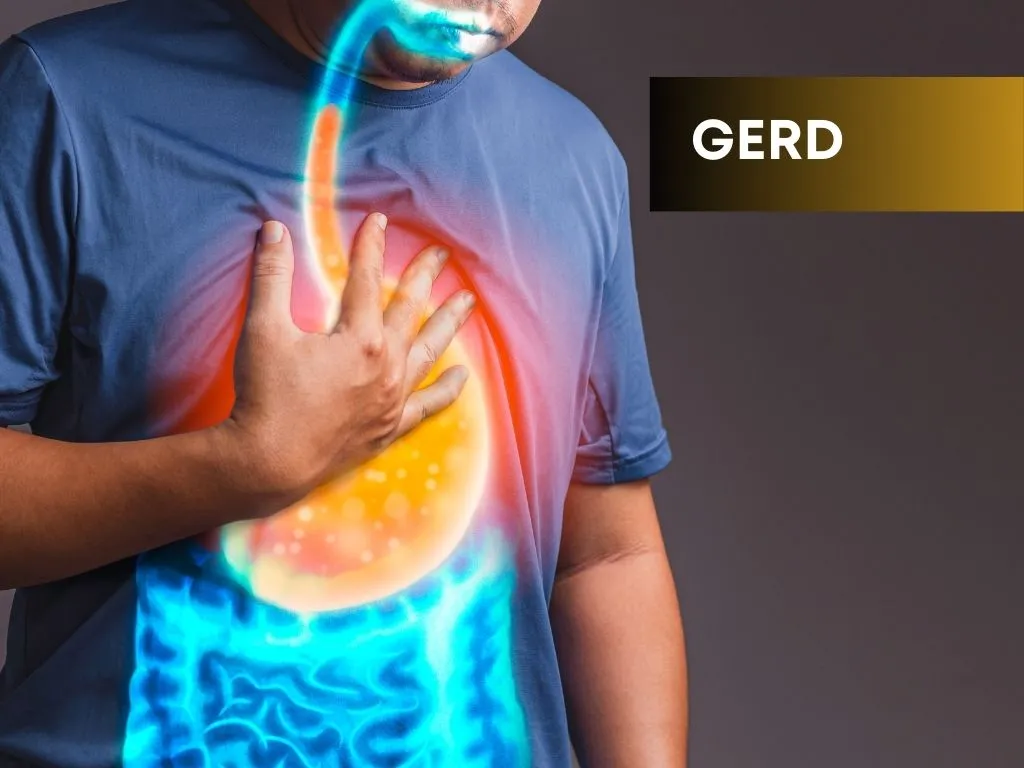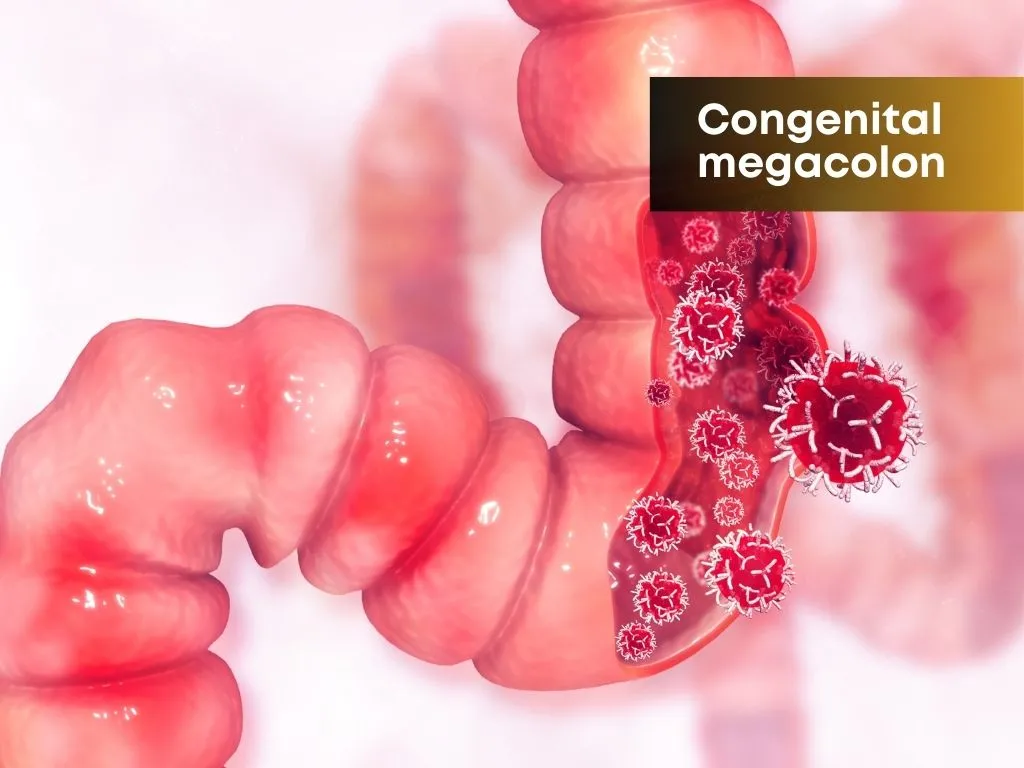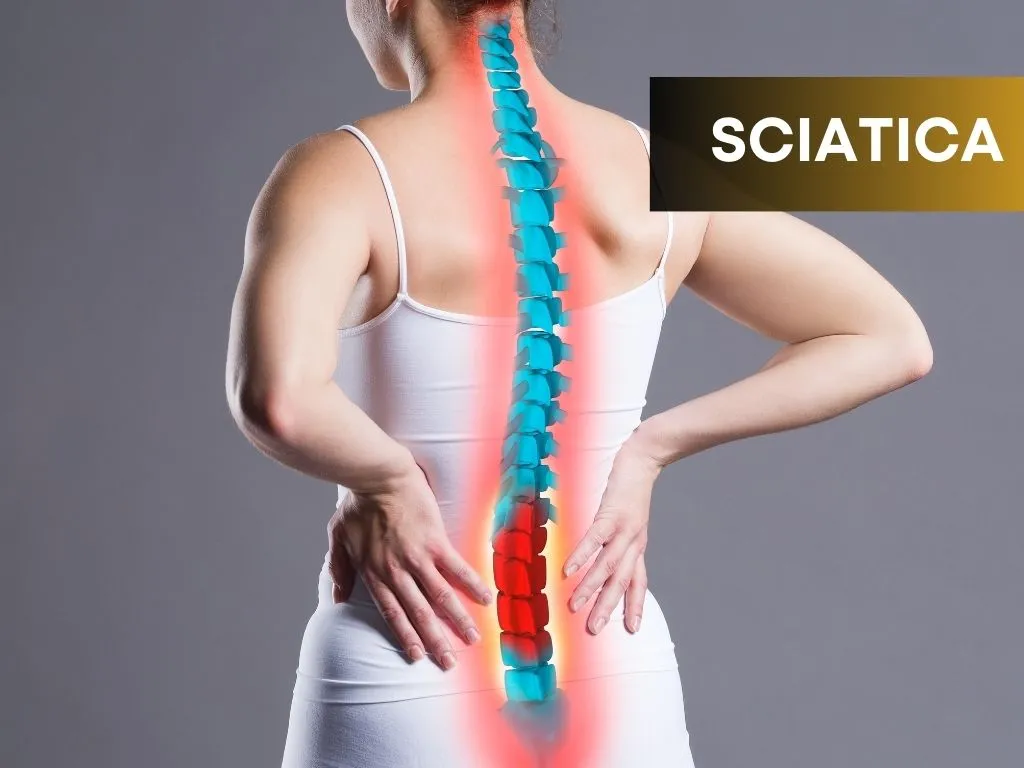GERD
-
 Nalamaree Team
Nalamaree Team
- 24 September 2025
Overview
GERD stands for Gastroesophageal Reflux Disease. It's a chronic digestive disorder where stomach acid or bile flows back (refluxes) into the esophagus, causing irritation and inflammation.
The esophagus is the tube that carries food from your mouth to your stomach.
Causes
GERD is typically caused by the weakening of the lower esophageal sphincter (LES), a ring of muscle that acts as a valve between the esophagus and the stomach.
When the LES weakens or relaxes abnormally, it allows stomach acid and/or bile to flow back into the esophagus, irritating its lining and causing the symptoms of GERD.
Several factors can contribute to the weakening of the LES and the development of GERD, including:
Symptoms
Treatment: Modern Medicine
Medications:
Surgical Intervention:
Treatment: Traditional Medicine
Herbal remedies:
Caution
Prevention
Lifestyle modifications:




















.jpg.webp)
